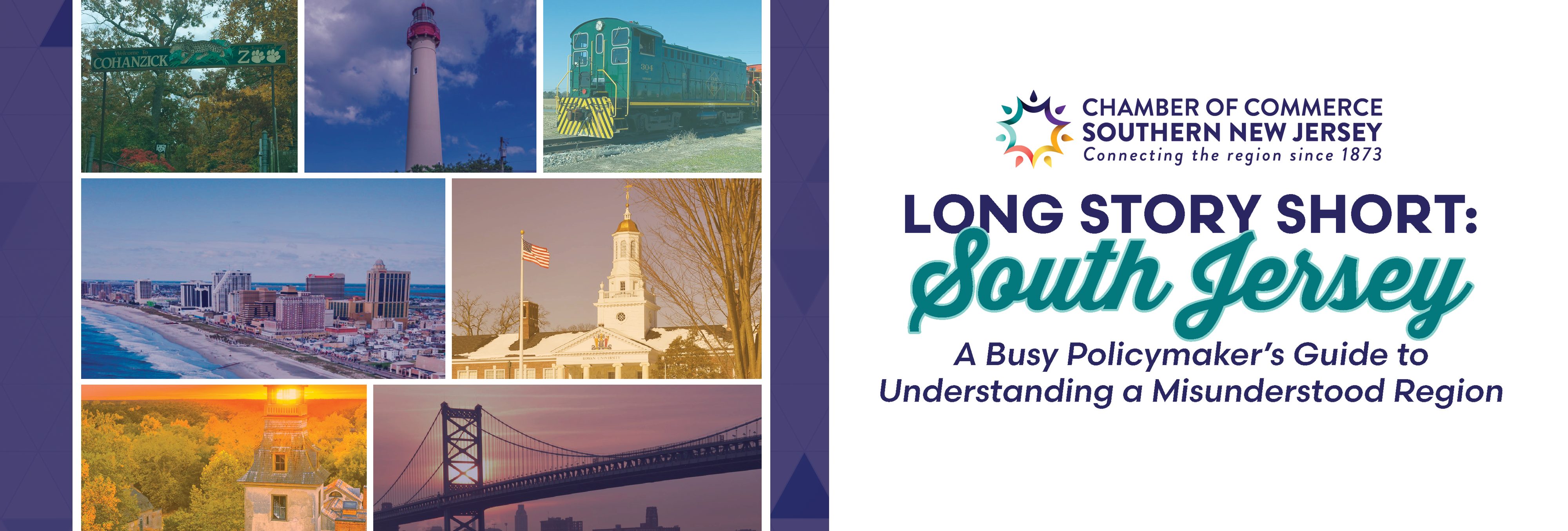Legislative Updates
Get the latest news and updates on Legislative activity and critical issues impacting business in South Jersey
Advocacy
Read CCSNJ's position statements on critical issues we have actively lobbied on such as: labor mandates, workforce development initiatives, fair taxation policy, industry-specific issues and more
Public Policy Committees
Get Involved in our Public Policy Committees. These meetings offer our members opportunities to meet and hear from the State's legislative officials.
Legislative Updates
Board Council Reports
The Chamber’s Board Council on Government Spending Reports are the product of the efforts and expertise of our Board level committee of industry experts. The focus was on efficiency, not on cutting or eliminating programs. Our Board Council has developed 100 recommendations, which conservatively could save State government, and therefore taxpayers, approximately $1 billion. The Chamber has worked closely with state government officials to implement the recommendations contained in these reports, share our ideas, recommendations and expertise.











